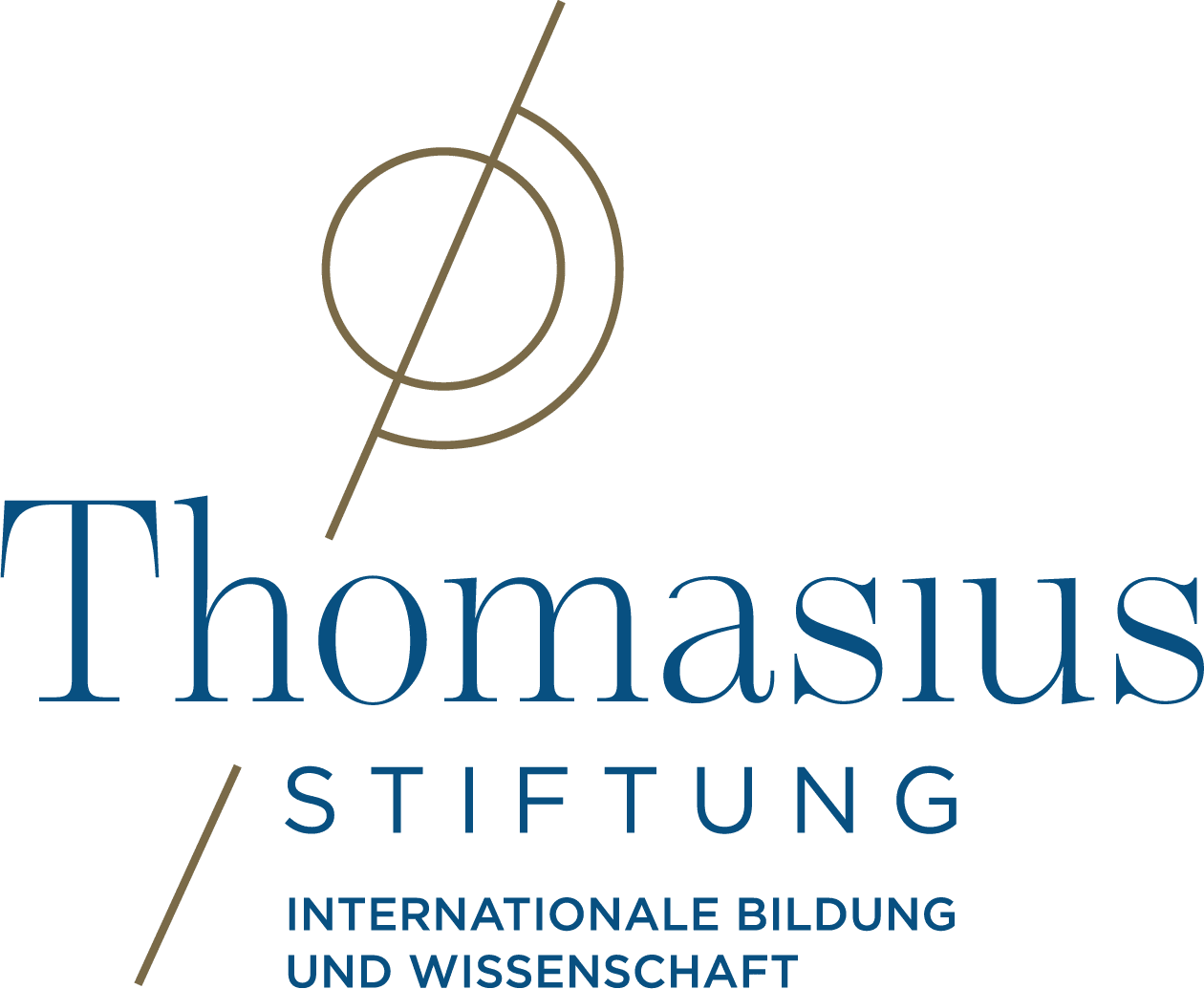Education
A changed world, the challenges of which arise primarily from rapid social, technological, and ecological change, will also have a far-reaching impact on the framework conditions and content of our education system in the coming decade and will require appropriate adjustments.
In this regard, it is primarily progressive globalization that forces a farewell to national educational thinking and the internationalization of educational processes and structures.
The need for action for the education system of the future, which also includes cross-border cooperation, will in future be significantly determined by the structural change in the profession, which is characterized by the increasing automation of entire fields of work.
In addition to the digitization of all areas of life, which can facilitate transnational access to knowledge and at the same time open new international cooperation in education, the growing ecological awareness will have to be included in the adaptation of educational concepts.
Finally, the reorientation of education policies must take into account the ageing of society, demographic development, migration and integration issues, as well as the dynamics of social inequality and urbanisation and rural development.
Thomasius-Stiftung implements projects that develop solution models for a future-oriented, internationally oriented education system in view of these challenges. In doing so, we focus on models that contribute to our willingness to innovate as well as to social cohesion and a balance of values in our society.
